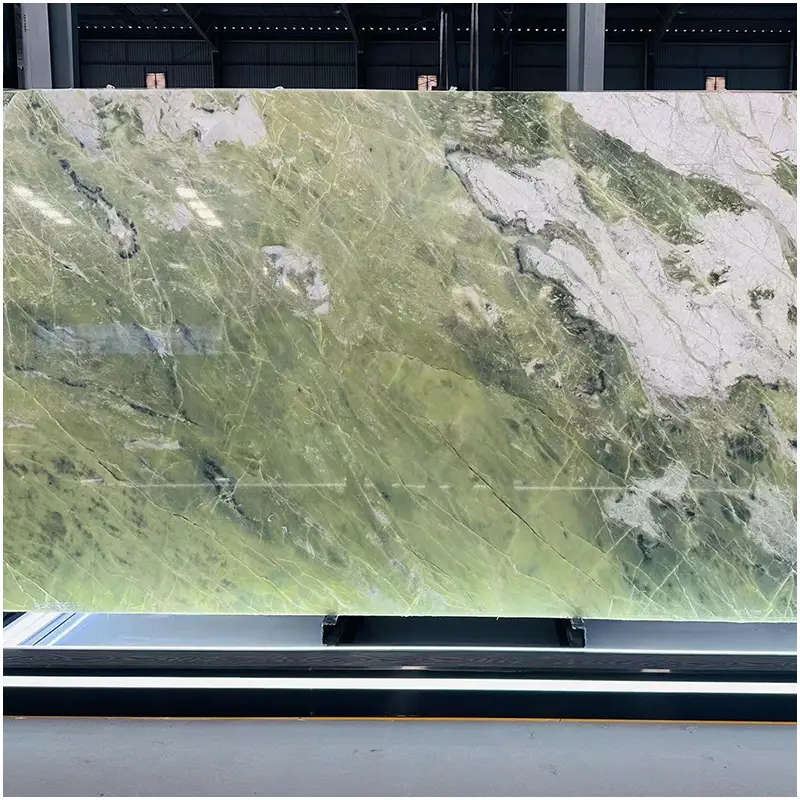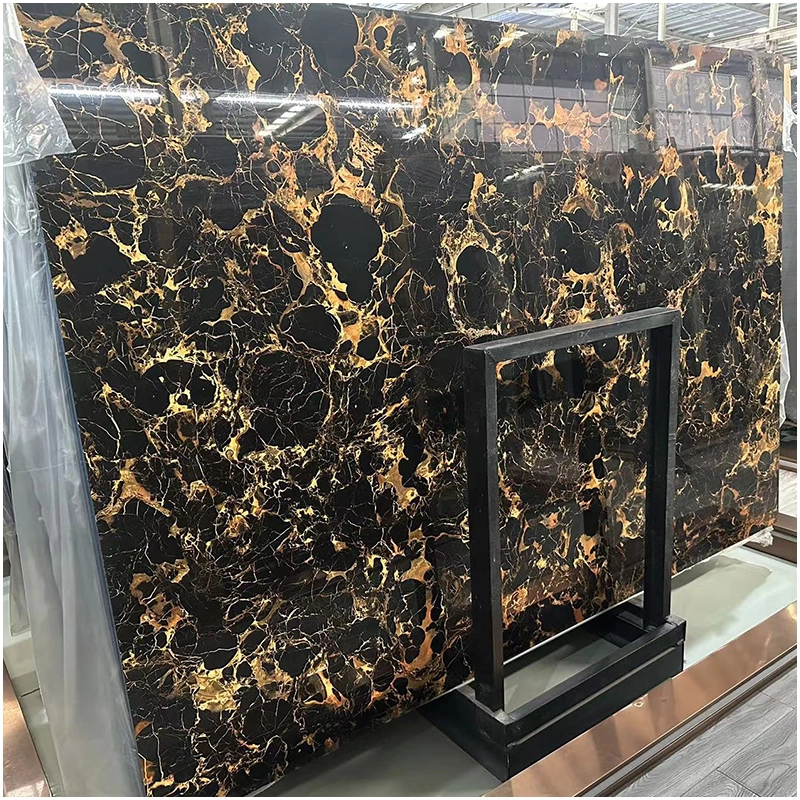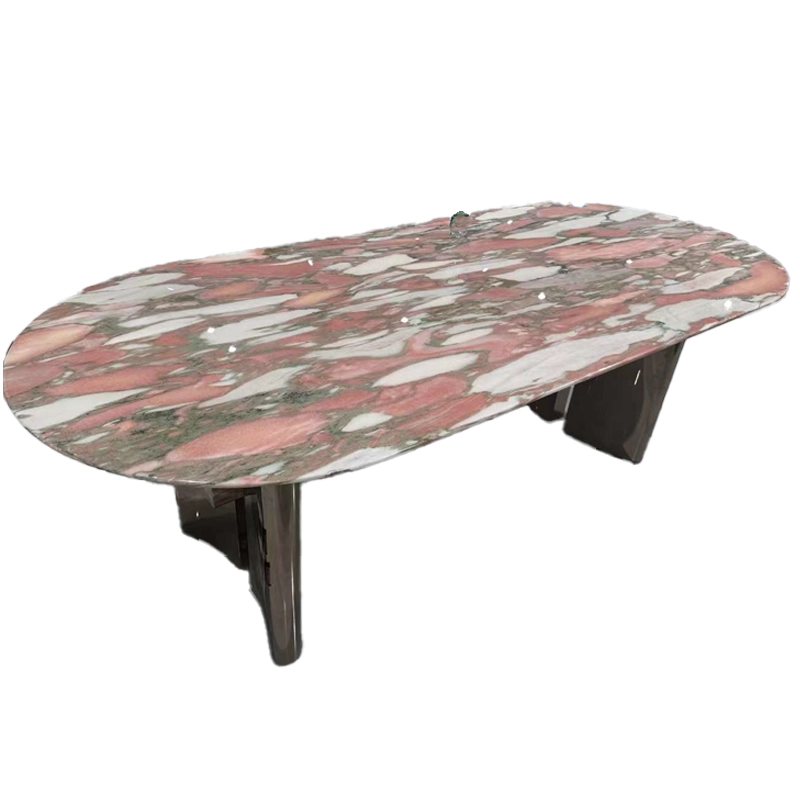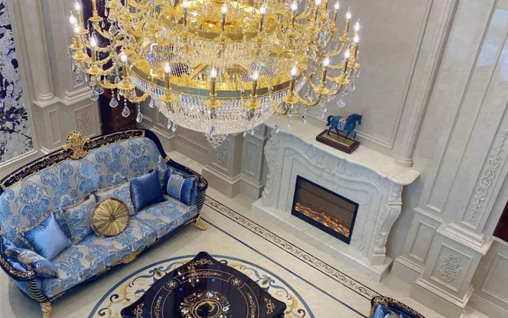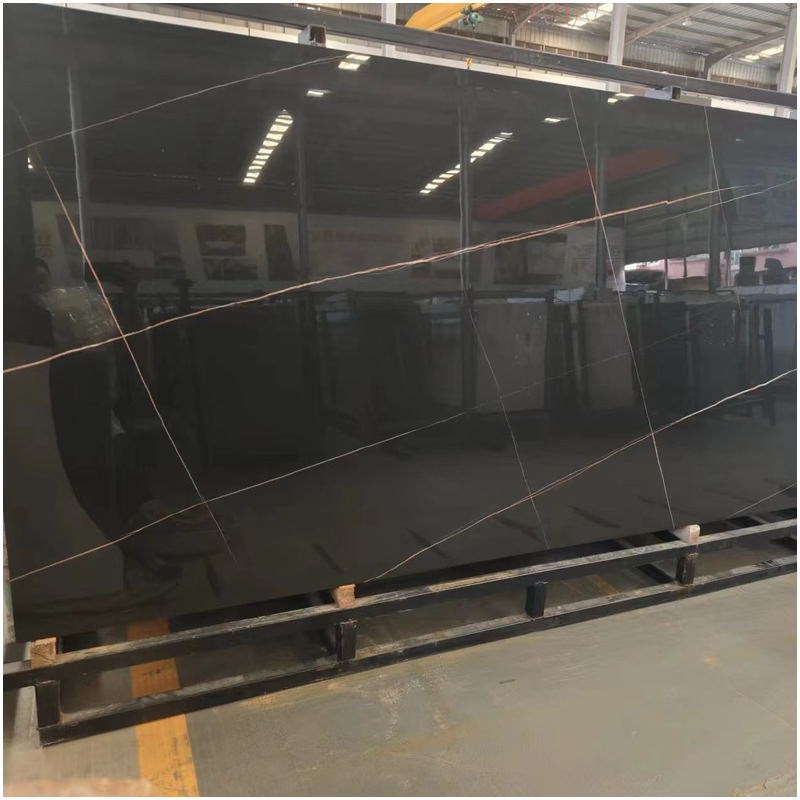Selecting the correct countertop material for kitchen décor might be perplexing. Both marble and quartz are rather common choices with their benefits and drawbacks. Marble’s natural texture and distinctive beauty draw many customers, but while buying it is important to take real performance during usage into account. On the other hand, consumers are choosing quartz more and more since of its outstanding performance and environmental friendliness. Understanding the features of these two materials will help you to make better judgments and provide your kitchen with utility and beauty.

1. Processing comparison
Marble is preferred for its natural beauty and distinctive design, although when processing it is sometimes difficult to keep the whole piece with complete pattern. Even if premium marble is bought, the formation of gaps will compromise the general beauty and complicate maintenance in the subsequent years. By use of artificial synthesis, the more advanced processing method of quartz guarantees homogeneous texture and color across every piece of material. Its surface is gently polished, smooth and delicate, both wear-resistant and elegant, and quite appropriate for surroundings like kitchens that need high frequency of usage.
2. Comparison of hardness
Quartz is harder than others. Water stains and oil stains will not readily pass through it; it has a great hardness, is not easily scratched, is sturdy and durable. This property makes quartz stone more useful in daily usage, can resist higher pressure, and is appropriate for several culinary operations. Marble is equally sturdy, but over long use it may be worn or scratched. Therefore, selecting a quartz countertop will help families who cook often to efficiently enhance the kitchen experience and save the related maintenance costs.
3. Comparison of anti-fouling
Selecting a kitchen countertop depends much on anti-fouling. Marble needs more time to take care of; it may have small cracks after manufacturing, which raises its oil absorption rate and is somewhat difficult to clean, especially after cooking fatty food. For everyday maintenance, quartz stone is quite handy since its structure is tight and nearly no water and oil absorption issues exist. With a moist towel, you can quickly clean a busy kitchen environment, therefore removing tiresome cleaning tasks and maintaining the hygienic state of the kitchen.
4. Comparison of costs
From a cost-effective standpoint, quartz stone’s price is usually more favorable as it offers a reasonably priced alternative. Choosing quartz will not only satisfy functional needs but also help families with limited resources regulate the decorative expenditure. Marble, on the other hand, is more costly and its maintenance expenses could rise with use, which will finally raise general expenses. For households who cook often, selecting quartz counters not only offers a decent user experience but also achieves quite low costs in long-term use.
5:preventative measures
Quartz has certain drawbacks even if it offers some benefits. It is difficult to produce and highly hard. Should it be subjected to outside pressures during use, it can shatter and the repair is somewhat difficult. Fixing it with a plate during installation is therefore essential to guarantee the bracket’s stability. Furthermore, avoid large things straight striking the countertop to avoid cracking. Still, the service life of quartz is very remarkable as long as frequent maintenance is done. Knowing these steps will enable customers to maximize this premium material and create a more functional and attractive kitchen.
6: Installation and maintenance
Quartz installation calls both exact measurement and competent installation techniques to guarantee its stable splicing. Its great hardness means that once installed, its durability and stain resistance will greatly cut daily maintenance requirements, thereby offering consumers long-term convenience. Marble, on the other hand, requires constant sealing and cleaning to preserve its shine and extend its service life even if its natural porous nature makes it more prone to stains and moisture and simplifies installation. The beauty and usefulness of the kitchen will directly depend on the proper choice and care for the countertop materials.

Select the suitable material for your kitchen countertop.
It is advised to evaluate all factors completely while selecting a kitchen countertop material. One should take great attention to the varied qualities of marble and quartz. While marble draws the attention with its natural beauty and luxury, quartz stands out for its durability, stain resistance and simplicity of use. It is advisable to have a thorough awareness of the performance and maintenance of every material before decorating so that you may select one that fits your usage requirements and budget, therefore transforming your kitchen with both beauty and utility. Your budget will help you to decide on the material that best fits you so that your kitchen is both functional and attractive based on personal taste and maintenance practices.

